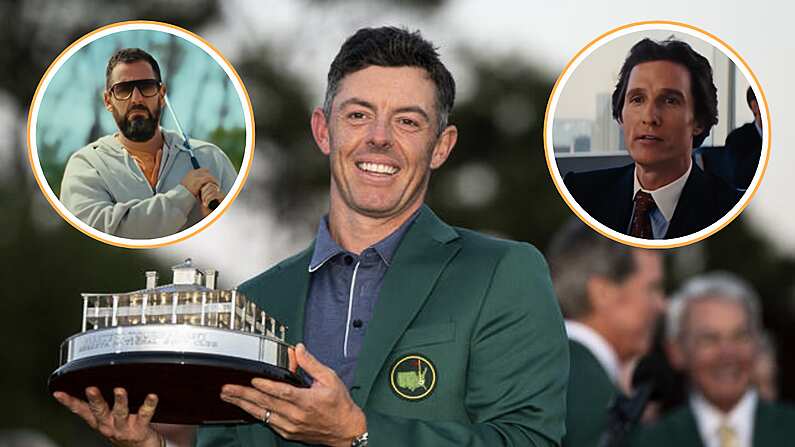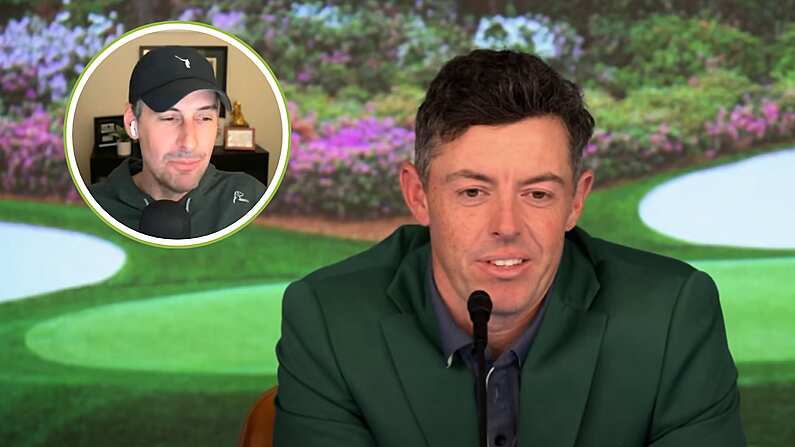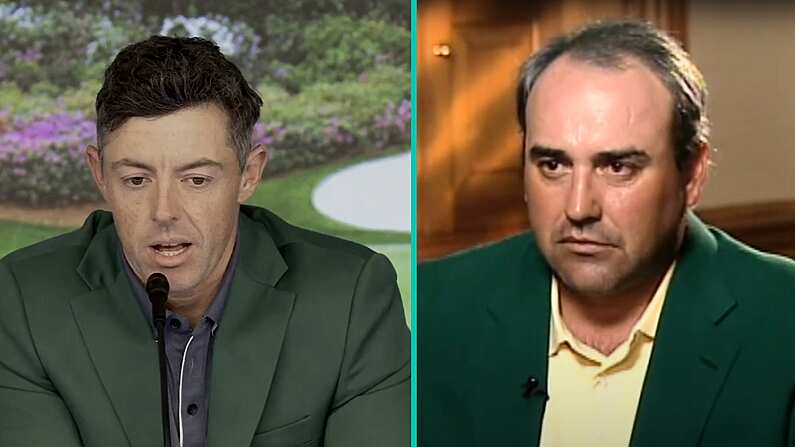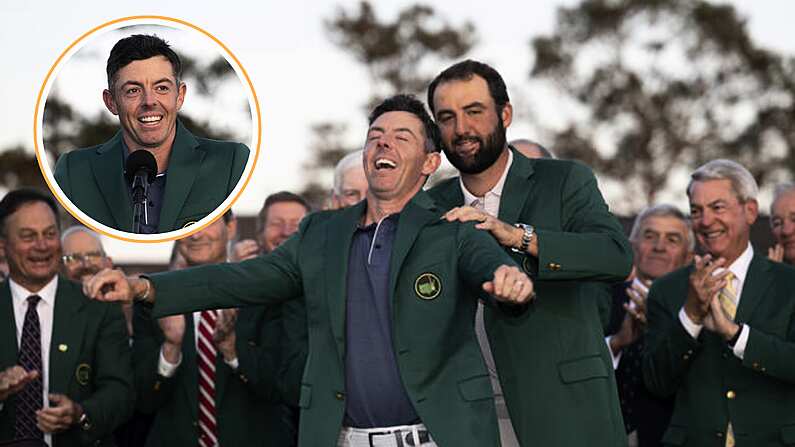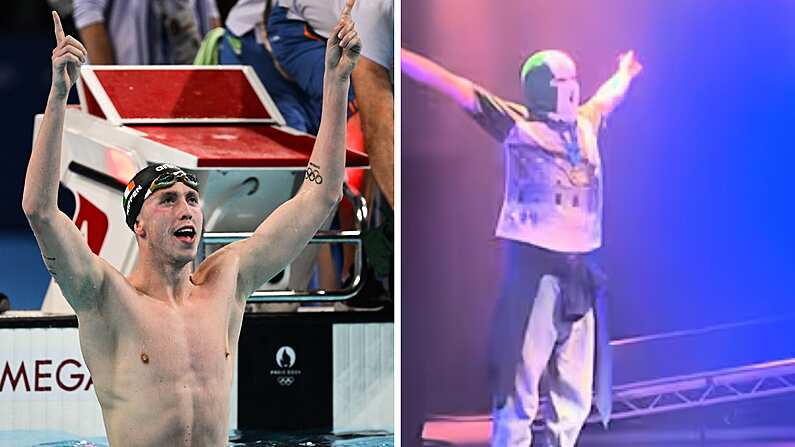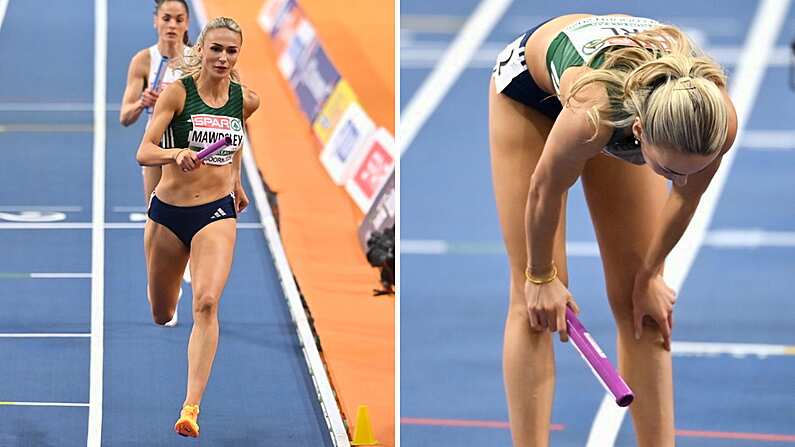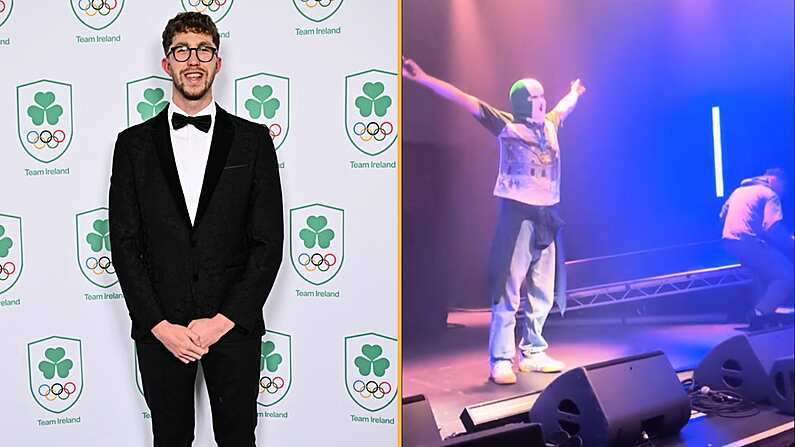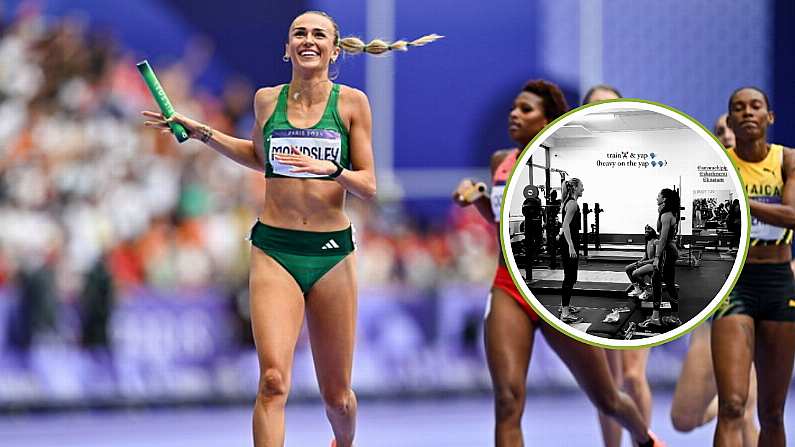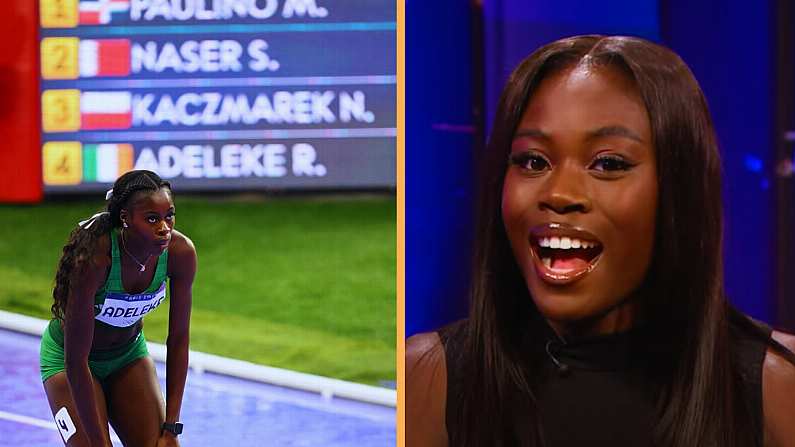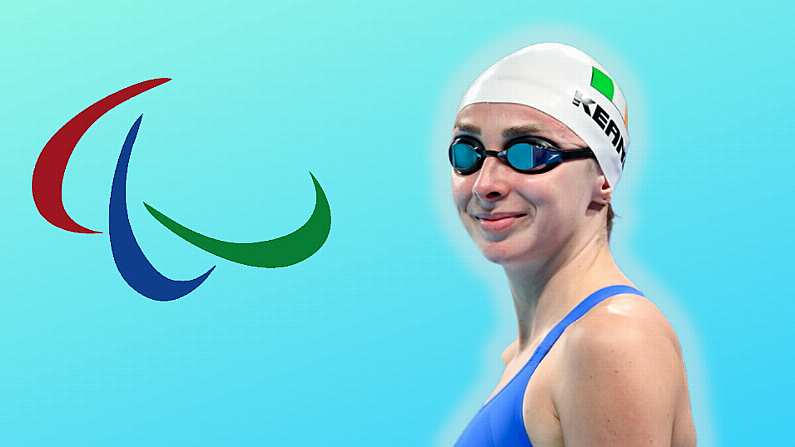Between 1936 and 2004, Great Britain won 73 Olympic gold medals. In the 3 Olympic Games since, they've won 75. Their astonishing level of success has not come by accident. What can Ireland and an OCI in utter disarray learn from this extraordinary turnaround? Ryan Conroy is an Irish PE teacher living and working in the UK. He has seen years of British planning come to fruition right under his nose, and says the Irish government and sporting bodies must take note.
****
As an array of colour and brightness signalled the end of another international spectacle, it was hard not to be filled with hope and excitement for the future of athletics. The television commentators spoke about a record medal haul and how title defences and the emergence of unlikely heroes would secure participant interest and funding for years to come.
As head of PE in a Manchester school I’d be lying if I said I wasn’t excited about implications this might have for my own students. However, as the last firework fizzled out over the Rio sky I was succumbed to jealousy.
In the build up to the Olympics, conversations with friends and colleagues have been about where medals might be won and who might break a world record. Unfortunately, for a person whose world revolves around sport, I found myself redundant in these conversations.
You see, these were British people speaking about their team and their hopes for the games.
As a patriotic Irishman, brought up in a republican influenced environment, it goes against all my principles to cheer on 'the forces of the crown' but what other choice is there? I find sport addictive, but it's only when I have a team or a person to cheer on, do I really get hypnotised by its magic. And so, as Mo Farah produced a final burst of speed to claim another gold for GB, I found myself overcome with joy. Was I subconsciously borrowing a Union Jack?
In addition to the aforementioned money, additional funding is provided for weekly (assessed) swimming lessons. Curriculum time is made available to introduce new sports like taekwondo or take children on taster sessions to a velodrome. There is also a pot to advance gifted and talented children who might excel in a sport that a primary school cannot develop.
Compare that to Ireland.
When I was growing up in Dundalk, you were lucky to get a GAA session once a week from somebody on a FÁS course. Having spoken to friends of mine who teach PE at home, they informed me that the Irish government do not ring-fence any money for PE. Money does get allocated in relation to the number of pupils enrolled, but spending is very much at the discretion of the principal.
It is time to get back to the drawing board and develop a strategic plan for Irish sport, a plan that looks beyond Tokyo 2020. A plan that involves investment in school sport from an early age, the removal a corrupt hierarchy and the introduction of a winning mentality.
2016 needs to be remembered in Sport Ireland as the year we woke up and did something.
No more excuses.



